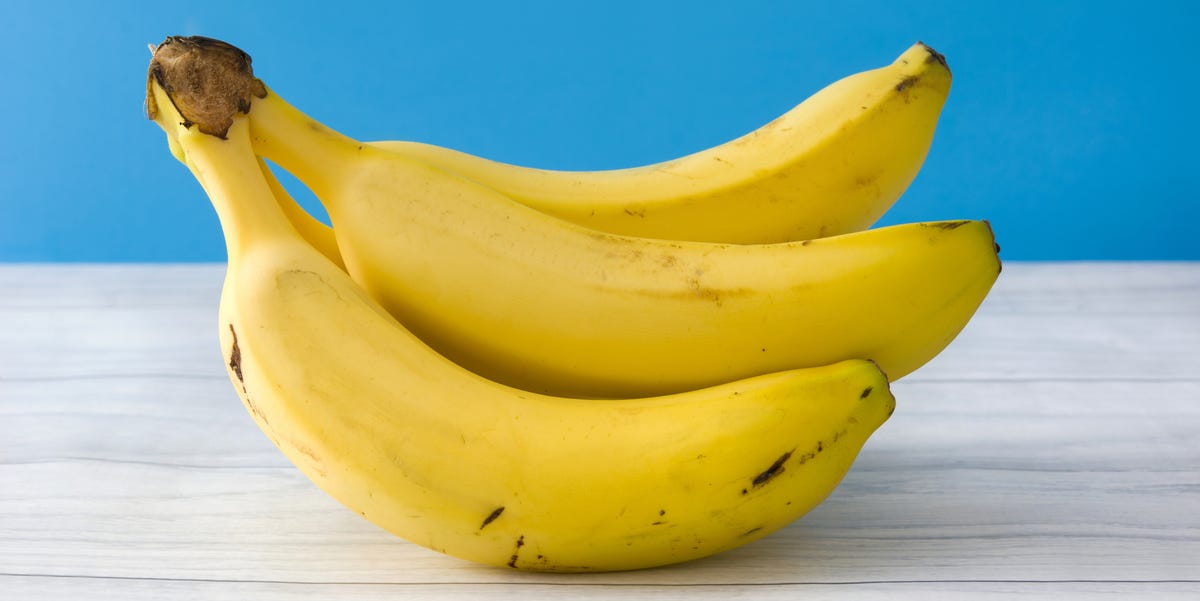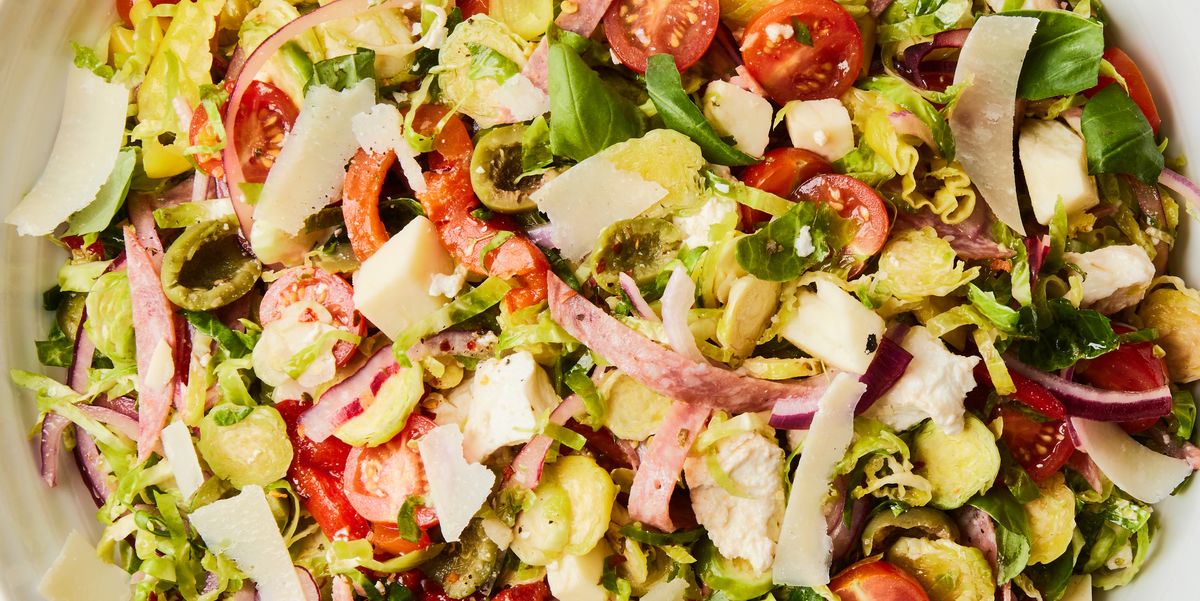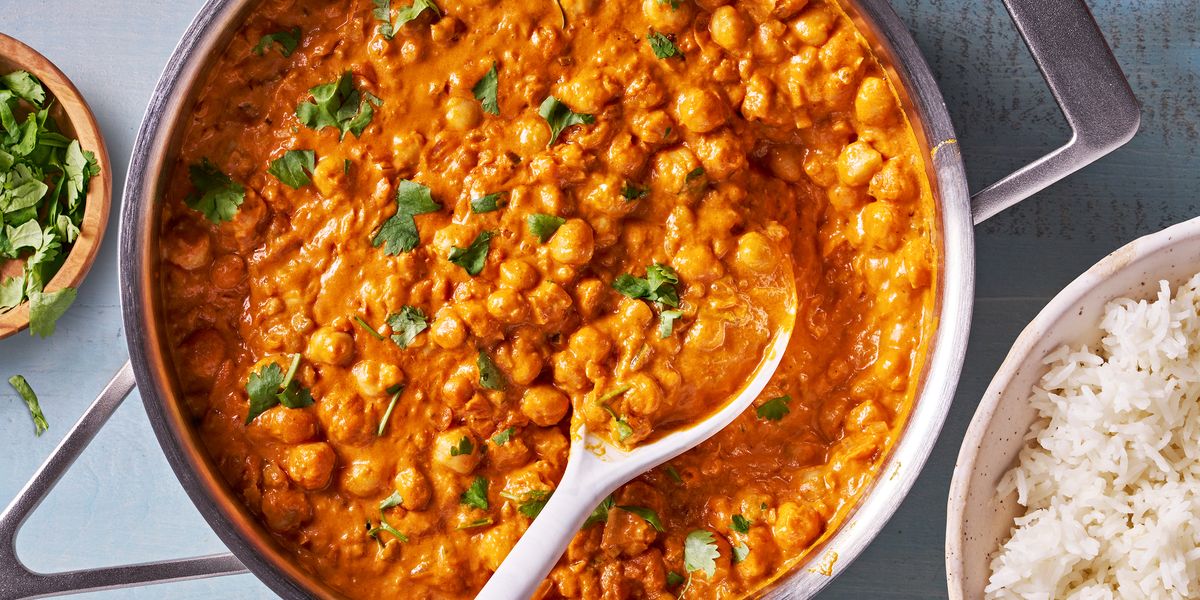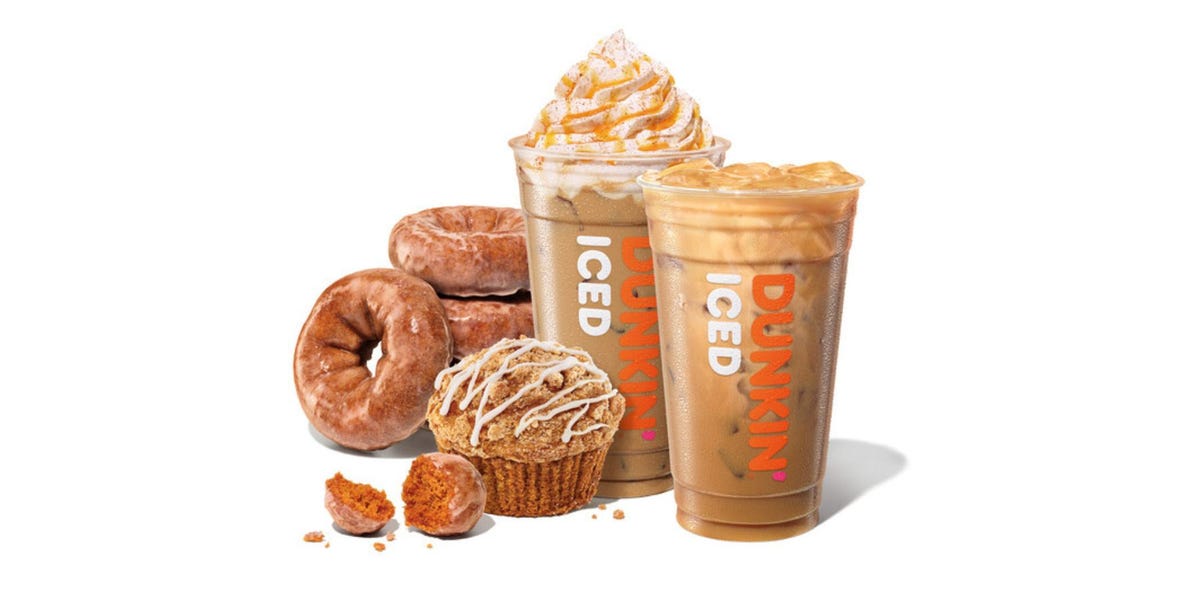
An apple a day keeps the doctor away… but what about bananas?
Whether you’re adding them to your morning cereal or grabbing one to fuel up for a
workout, many people regularly incorporate them into their diets on a daily basis. But some people also avoid them. So is it safe to eat them every day? Lauren Manaker, registered dietician nutritionist, filled us in everything we need to know about eating bananas.
First, let’s get to the nutrition. One medium banana, according to the USDA, has about 105 calories, 27 carbs, 14 grams of sugar, 5 grams fiber, and 422 mg of potassium. It’s also a good source of other nutrients like vitamin C, vitamin B6, and electrolytes, including magnesium, sodium, and of course, potassium.
“It is estimated that 90% of Americans are not eating the recommended servings of fruits and vegetables every day,” said Manaker. “So, if someone wants to eat a banana every day, that can be a great habit to get into to get some fruit servings in.”
But bananas might not be a good daily choice for everyone. She said that they might not be the best choice for those following a low-potassium diet or those who get elevated blood sugars after consumption.
Bananas do have carbohydrates and sugars, which call into question whether they’re a healthy food for people with diabetes. But according to Harvard T.H. Chan School of Public Health, the carbs in bananas are resistant starches, which are similar to fiber, and releases less glucose into the bloodstream.
In addition to the carb content, bananas are known for their potassium, an important electrolyte vital to cell and muscle function and heart health. Potassium and sodium work together and need to be in balance. Hyperkalemia occurs when your blood potassium levels are too high, although according to the Cleveland Clinic, this accounts for only 2 to 3 percent of the U.S. population.
“For a generally healthy person, it is unlikely to experience hyperkalemia by eating one banana a day, especially if the rest of their diet isn’t excessively high in potassium-rich foods,” said Manaker.
So yes, a banana a day is most likely safe. But this does depend on your individual health and diet. Overall, Manaker recommends people to eat a variety of fruit and veggies. “While eating a banana every day isn’t bad for many people, it may be more beneficial to eat different fruits, with bananas sprinkled into the rotation.”
She adds that the amount of bananas someone can eat in a day depends on the rest of their daily diet. For someone with a stomach bug who can only stomach bananas, she said that having more than one is likely acceptable. But for those eating many bananas on top of “mass quantities” of carbohydrate-rich foods, she said it’s probably not the best idea.
As they say, too much of anything—even fruits—can have its downsides, and it’s best to aim for a balance.
Tired of a plain old bananas? If you’re in need of some banana recipes, we’ve got our peanut butter banana smoothie and even banana nut bread (to use up those super ripe ones). Trying to diversify your fruit intake? From grilled fruit and colorful fruit salads to a vibrant blueberry smoothie, we’ve got you covered.


















Leave a Reply